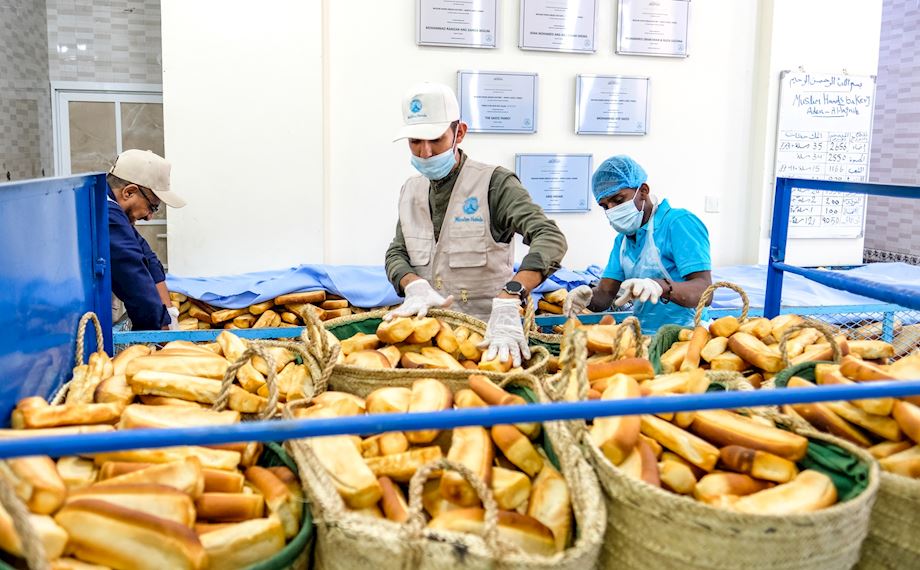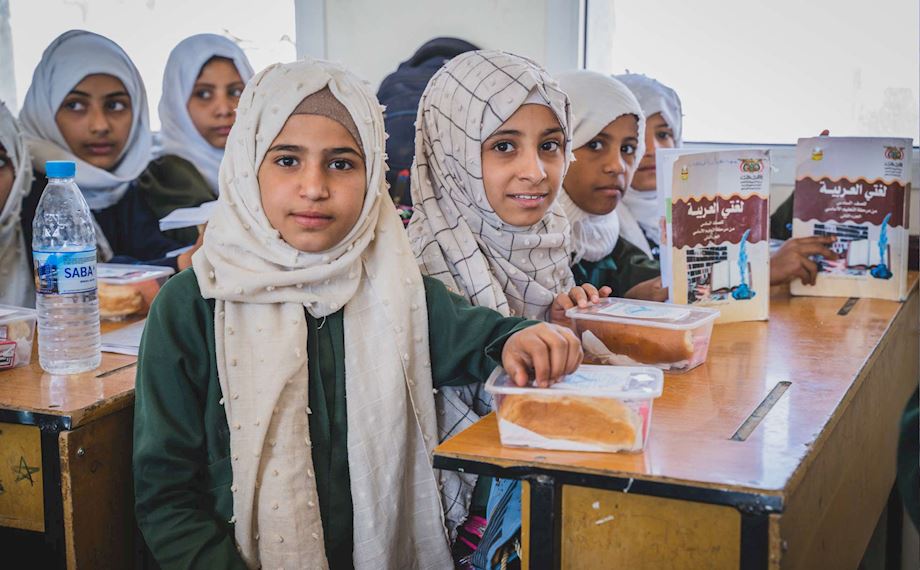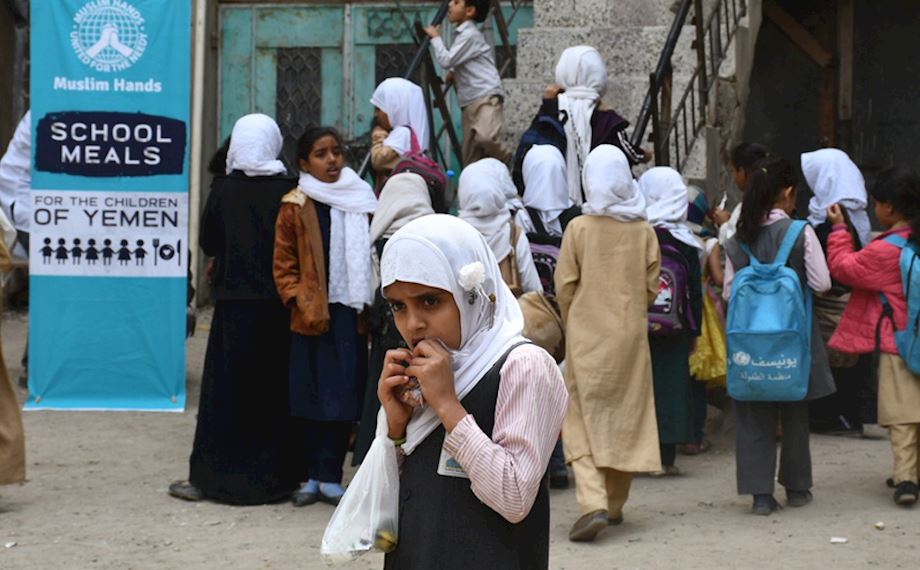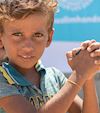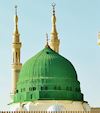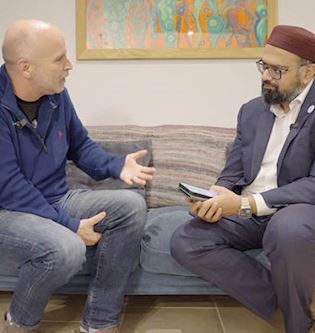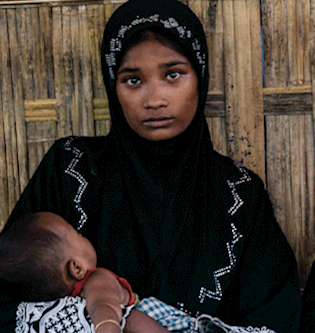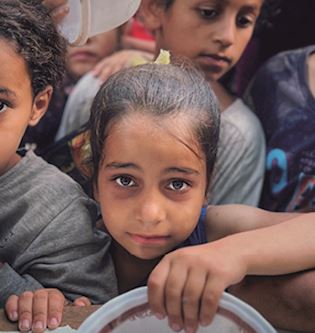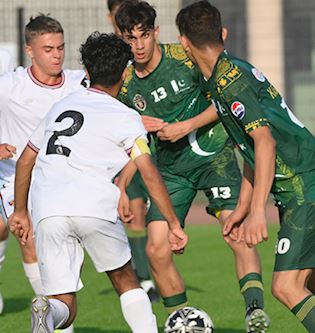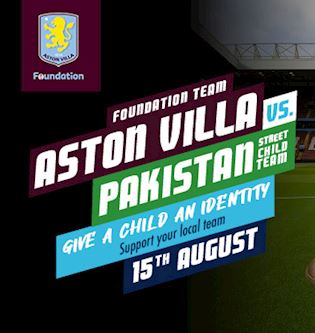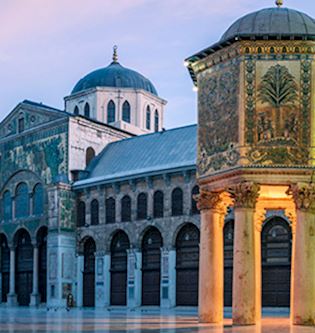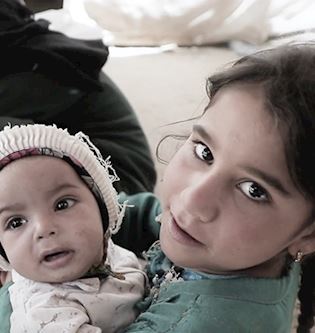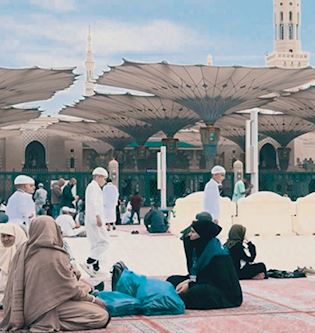The Black Muslim Renaissance Festival: A Conversation

This October, the arrival of Black History Month is more important than ever, in the context of the widespread protests against racial injustice and the demand for true, systemic change. In 2020, there is still a long way to go before we reach racial equality. As well as ending oppression and tragic loss of life, true equality also means transforming the existing economic, social and political discrimination into a fair representation of Black communities. It is essential that we ensure every aspect society is free of prejudice, while actively understanding and celebrating our diversity.
To reach racial equality, we all have a responsibility to be actively anti-racist, beyond simply standing up for a cause when it's trending on Twitter. This activism can take the form of challenging big companies and their branding, furthering the Islamic narrative beyond the story of Bilal (ra), or even speaking more about such topics in community and faith gatherings.
It is also vital that we speak out not only against open discrimination, but also against the more subtle and insidious ways in which Black people suffer prejudice and oppression. As the writer and historian Habeeb Kande says:
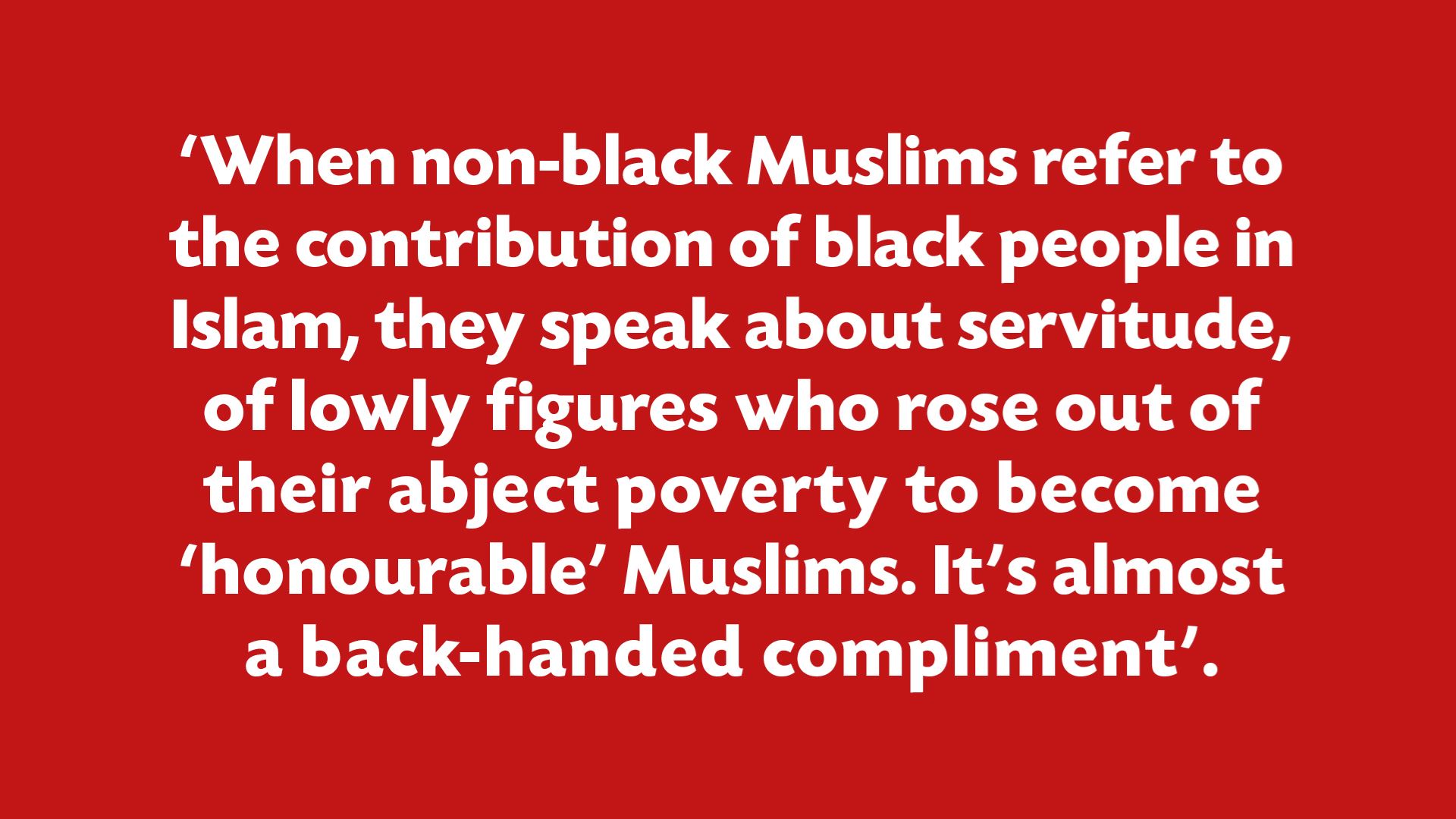
This October, the Black Muslim Renaissance Festival is one such project which aims to celebrate Black Muslims, promote understanding and work against prejudice. Muslim Hands is one of the organisations sponsoring this amazing project, and we spoke to Na'ima B. Roberts, award-winning author and speaker, to learn more about why she organised this festival.
Firstly, what exactly is the Black Muslim Renaissance Festival? In Na'ima B. Roberts' own words:
'The Black Muslim Festival is a programme of events which takes place every weekend across the month of October, covering themes and topics such as identity, history, family relations, entrepreneurship, charity & so much more! It’s a celebration of the achievements of Black Muslims with over 50 speakers from all across the globe. Some of these guests feature spoken word artist Boona Mohammed, Shaykh Abdullah Hakim Quick, Hafsah Dabiri, Mohammed Mohammed, The Village Auntie, Habibah Kande, Nabil Abdulrashid and so much more!'
This is the first project of its kind. Not only is it creating a communal space for Black Muslims where topics such as mental health, history and heritage could be discussed and understood, it is also an educational tool for non-Black Muslims, showing the ways in which racism, both obvious and subtle, has impacted our communities. It is hugely important that this kind of project is widely accessible - and since the event is online, everyone can participate.
We asked Nai’ma about how the festival will help carve out a voice for Black Muslims and celebrate their heritage and history. Here’s what she had to say:
‘As the organiser and the host, what I’m seeing is that it’s more like a way for people who are currently speaking to support each other and for their conversations to be amplified. Sometimes they may have not been speaking together, but now people are connecting. Those from the States are connecting with those in the UK, Canada, South Africa. It’s an opportunity for us to hear new voices and I predict, in sha' Allah, we will see a lot more collaboration’.

Previously, Muslim Hands have supported Black Muslim history through our blog and social media and through our Djenne Mosque Appeal. (Pictured above, the Great Mosque of Djenne is a listed UNESCO world heritage site in Mali, and a landmark of our Black Muslim heritage).
However, as Na'ima said, this event is a unique opportunity to tackle inequality and open up conversations within our own communities. The Festival is about connecting people, creating opportunities for collaboration and amplifying and deepening our understanding of key issues.
She mentioned that it’s a healing space where Black Muslims can breathe and be themselves because it’s somewhere where they can be individually Black and Muslim. In Black spaces, their Islam was a problem, and in Islamic places, their Blackness was a problem. This festival lets both exist together in harmony. Just having that space where people feel safe and can be themselves is a key function of the Festival.
Unfortunately, what we often associate with Black History is the tragic narrative of slavery, thus limiting a rich and diverse heritage to exploitation and oppression. This means that projects such as the Black Muslim Festival have a vital role to play in educating people about Africa outside of slavery. By talking about, for example, the legacies of individuals such as Mansa Musa and Ahmed Baba, we can celebrate Black history, rather than focusing solely on the colonisation of Africa.

In our interview, Nai’ma mentioned that many believe that there was no history in Africa before slavery since this history isn't taught in schools:
'If you’re looking at Black history, we’re starting in Africa, that is a long, long history. Africa is massive, it’s a huge continent! It’s unfortunate that in Black History Month the focus has always been on slavery and post-slavery, which is a very Caribbean focus, moving from slavery to Windrush. Even within the Muslim cannon, the black presence has been erased. When people refer to a Black Muslim the only historical figure they can refer to is Bilal (ra) - that speaks volumes! We don’t even consider Umm Ayman, who was the second mother to the Prophet Muhammad (saw). Even during the year of the elephant, the Yemeni King Abraha was African himself. Though we don’t side with him as Allah sent the birds against them, it’s significant that this was an army people were afraid of. Black people have been part of Islam since the very beginning'.
We thank Nai’ma B. Roberts for her time and we hope this festival allows us to celebrate Black Muslim achievements and history in a way that hasn't been done before. We pray Allah (swt) makes it successful and allows other projects like this to thrive. You can sign up and read more about the festival here, and check out their social media pages too!
You can read about some of West Africa’s history here and check out some of our social media pieces on this.





